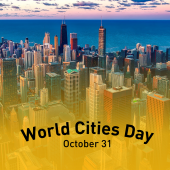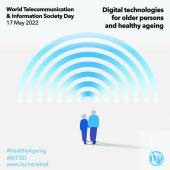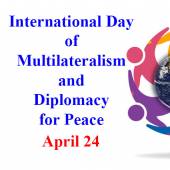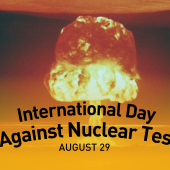International Day of the Victims of Enforced Disappearances
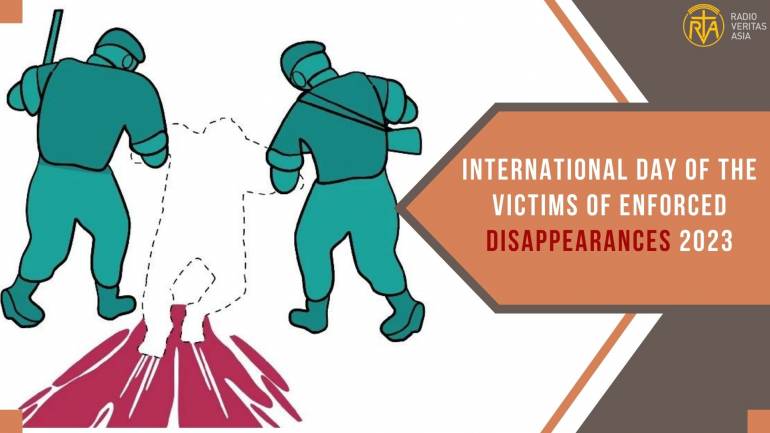
The rise of enforced or involuntary disappearances in different parts of the world prompted the UN General Assembly to submit a resolution on December 10, 2010.
Through the International Convention for the Protection of All Persons from Enforced Disappearance in 2011, an agreement was made that August 30 would be the observance of the International Day of the Victims of Enforced Disappearances.
Enforced disappearance or involuntary disappearance is not just an issue faced by countries under military rule.
It includes arrest, detention, and abduction, as well as the growing number of reports of witness harassment, ill-treatment, and intimidation.
In the Philippines, the victims of these enforced disappearances under martial law from the 1970s to the early 1980s were known as desaparecidos, and up until now, their families are still searching for answers and justice for their loved ones.
Years before the pandemic hit, the so-called war against drugs gave new meaning to the word "tokhang" and has become a household name, but it was always associated with fear.
In 2022, Families of Victims of Involuntary Disappearance, or FIND, an NGO in Special Consultative Status with the Economic and Social Council of the United Nations, was able to validate that out of 50 disappearances, 24 were tied to the "drug war campaign".
And there could be more.
In other countries, anti-terrorist activities are used as an excuse for these involuntary disappearances.
According to the UN General Assembly that proclaimed the Declaration on the Protection of All Persons from Enforced Disappearance, an enforced disappearance occurs when:
"Officials of different branches or levels of government, organized groups, or private individuals acting on behalf of, or with the support, direct or indirect, consent or acquiescence of the government, arrest, detain, or abduct people against their will or otherwise deprived of their liberty; they refuse to disclose their fate or whereabouts or acknowledge the deprivation of their liberty, which places such people at risk."
Most of the time, involuntary disappearances happen when there are fake arrests and abductions.
After being apprehended, captors often detain victims in terrible conditions.
The victims are not just suspects of a certain crime, there are also children, PWDs, environmental advocates, human rights lawyers, and activists.
Unfortunately for the families and friends of the victims, they suffer slow mental pain because they don't know where they are or how they are doing.
What makes it worse is that they know that they are also in danger, and finding out the truth could make things worse.
Most of the time, they are also unaware of where to turn for assistance or that none is offered.
Civil society organizations and NGOs usually extend help to the relatives of vanished people.
People who have information about a victim of an enforced disappearance can also report to these groups.
For this year’s observance of the International Day of the Victims of Enforced Disappearances, the Inter-American Commission on Human Rights (IACHR), experts of the UN, the African Commission on Human and Peoples’ Rights (ACHPR), and ASEAN "urged all States to provide effective access to justice for victims of enforced disappearance, which includes any individual who has suffered harm as the direct result of an enforced disappearance," in line with the celebration of the 75th anniversary of the adoption of the Universal Declaration of Human Rights.
The groups also called on the states "that have not yet done so to ratify the international and regional instruments on enforced disappearances."
With the help of the media and concerned groups, forums and press conferences are held to share stories of the victims and their families and how enforced disappearances affected their lives and communities.
Radio Veritas Asia (RVA), a media platform of the Catholic Church, aims to share Christ. RVA started in 1969 as a continental Catholic radio station to serve Asian countries in their respective local language, thus earning the tag “the Voice of Asian Christianity.” Responding to the emerging context, RVA embraced media platforms to connect with the global Asian audience via its 21 language websites and various social media platforms.









